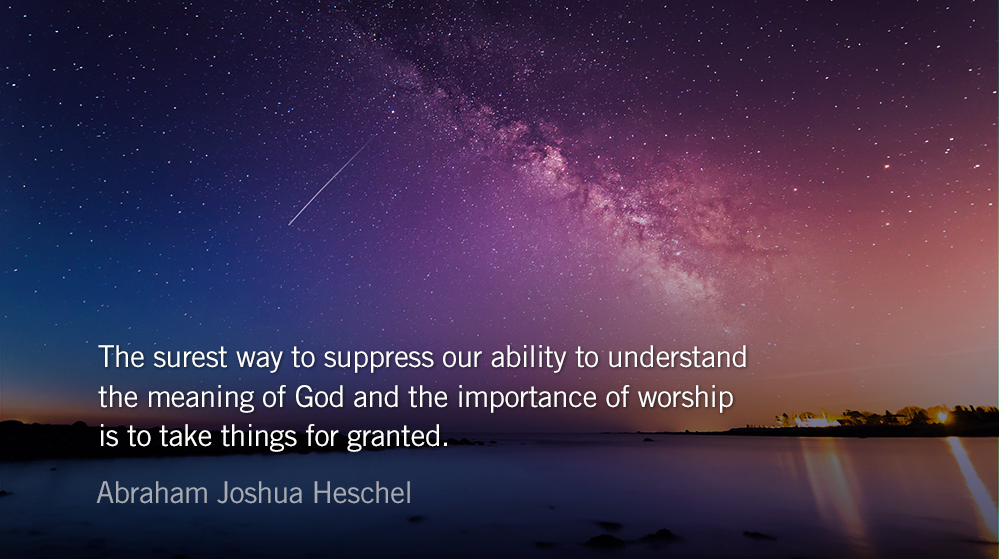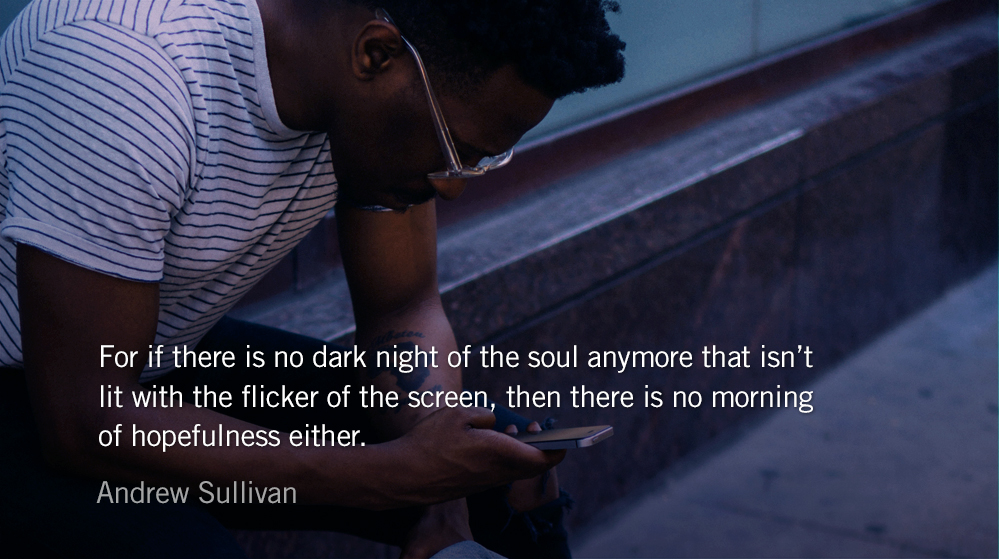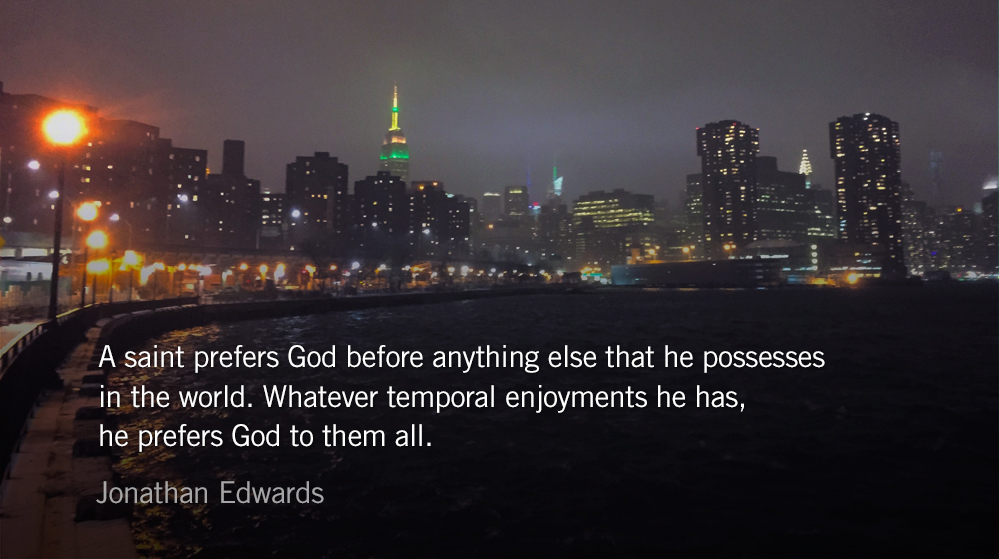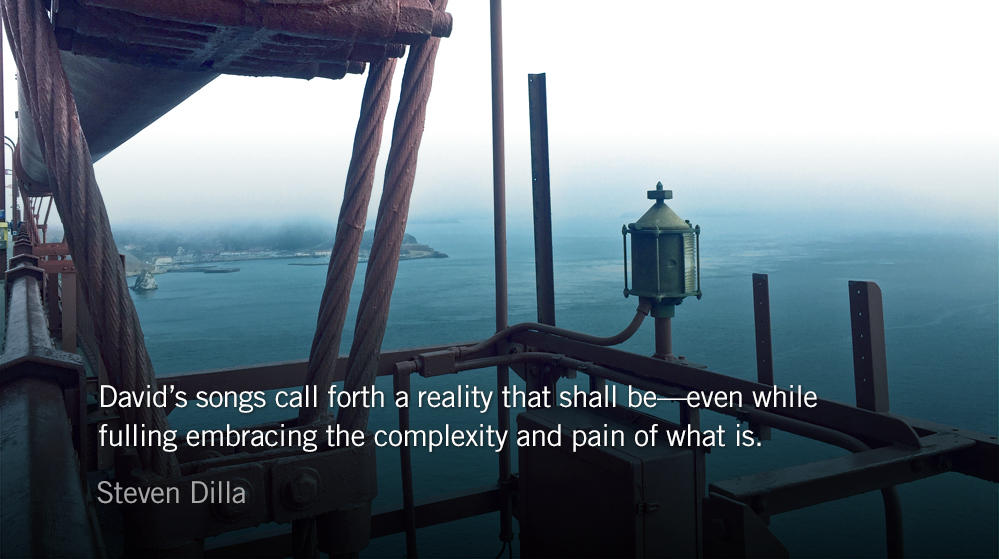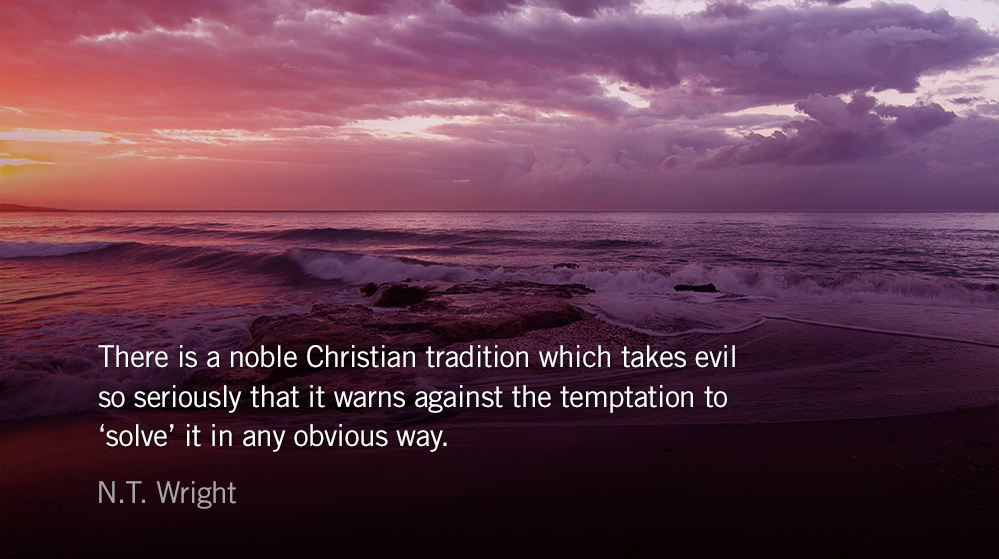By Abraham Joshua Heschel (1907-1972)
They did not keep God’s covenant, but refused to walk according to his law. They forgot his works and the wonders that he had shown them. — Psalm 78.10-11
Among the many things that religious tradition holds in store for us is a legacy of wonder. The surest way to suppress our ability to understand the meaning of God and the importance of worship is to take things for granted. Indifference to the sublime wonder of living is the root of sin.
Wonder or radical amazement is the chief characteristic of the religious man’s attitude toward history and nature. One attitude is alien to God’s spirit: taking things for granted, regarding events as a natural course of things. To find an approximate cause of a phenomenon is no answer to his ultimate wonder. He knows that there are laws that regulate the course of natural processes; he is aware of the regularity and pattern of things. However, such knowledge fails to mitigate his sense of perpetual surprise at the fact that there are facts at all. Looking at the world he would say, “This is the Lord’s doing, it is marvelous in our eyes” (Psalms 118:23).
As civilization advances, the sense of wonder declines. Such decline is an alarming symptom of our state of mind. Mankind will not perish for want of information; but only for want of appreciation. The beginning of our happiness lies in the understanding that life without wonder is not worth living. What we lack is not a will to believe but a will to wonder.
Awareness of the divine begins with wonder. It is the result of what man does with his higher incomprehension. The greatest hindrance to such awareness is our adjustment to conventional notions, to mental cliches. Wonder or radical amazement, the state of maladjustment to words and notions, is therefore a prerequisite for an authentic awareness of that which is.
Radical amazement has a wider scope than any other act of man. While any act of perception or cognition has as its object a selected segment of reality, radical amazement refers to all of reality; not only to what we see, but also to the very act of seeing as well as to our own selves, to the selves that see and are amazed at their ability to see.
*Abridged and adapted from Between God and Man and God in Search of Man by Rabbi Hershel J. Matt.
Today’s Reading
Ezekiel 29 (Listen – 3:43)
Psalms 78:1-39 (Listen – 7:12)

